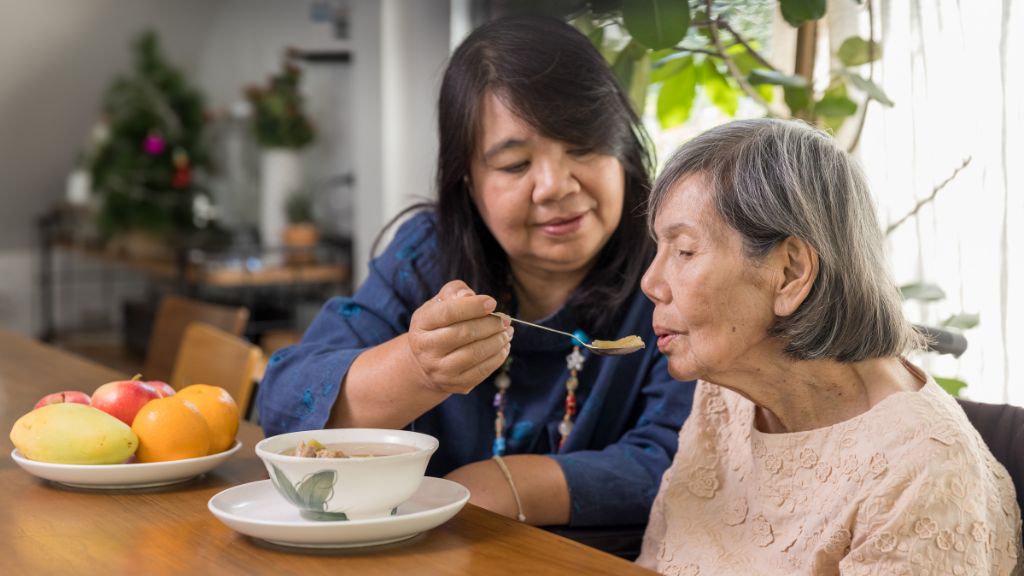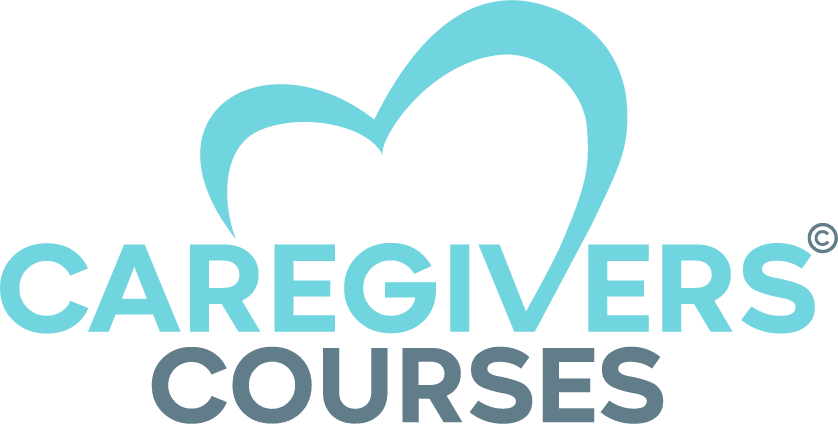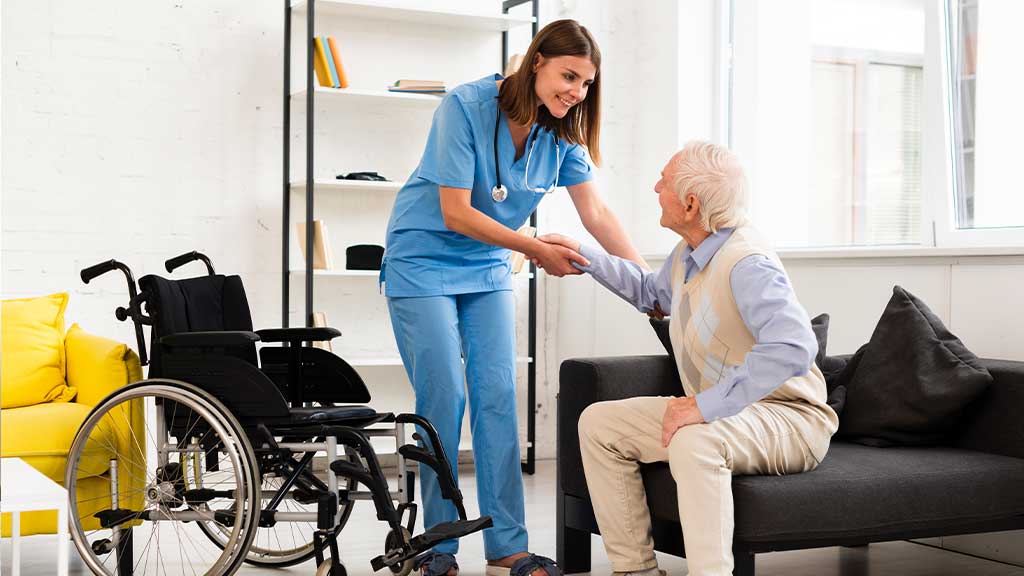Not all heroes wear capes. In our fast-paced world, the cape-less heroes often go unnoticed as they perform extraordinary acts of compassion and care behind closed doors. These unsung heroes are the caregivers- individuals who dedicate their lives to assisting others who cannot fully care for themselves.
Be it the elderly, disabled, injured, or ill, caregivers ensure they receive the care and support they need to live dignified lives. As their roles are as diverse as the individuals they assist, caregivers are an indispensable part of our society. But What are the responsibility of a caregivers everything we will know in this Article.
Who are Caregivers?
A caregiver is someone responsible for providing care to another person. As the role of a caregiver varies as per the needs of the person they’re assisting, there’s no single or static definition of a caregiver.
Their work generally involves offering support for everyday duties encompassing the physical, emotional, and social aspects of the person receiving the care. The caregiver’s objective here is to make that individual’s life comfortable and meaningful, allowing them to effectively deal with their condition.
10 Most Important Duties of a Caregivers
As a caregiver, the duties depend on the individual receiving the care and their situation. For instance, caregiver responsibilities can differ greatly depending on whether they involve tending to a young child with a disability, caring for an elderly individual, or supporting someone who is terminally ill.
However, there are some basic caregiving responsibilities typically common irrespective of who is receiving the care. The top 10 of these include-
1. Personal Care Assistance
One of the fundamental duties of a caregiver is to provide personal care assistance. This generally includes helping with ADLs (Activities of Daily Living) like bathing, grooming, dressing, and toileting. As these are some of the tasks that the elderly or people with disabilities cannot perform independently, the availability of a caregiver helps to a great extent.

Caregivers assist their patients with compassion to ensure they can maintain their dignity as well as personal hygiene.
2. Basic Medical Assistance
Proper medication management is vital for well-being and the health of individuals who rely on prescription drugs. Thus, one of the most important roles of caregiver to a patient is basic medication management to ensure the right medications are taken at the right time.
This can involve administering medications under the observation of a healthcare professional, organizing pill boxes, monitoring the patient for potential drug interactions or side effects, and keeping medical appointments.
However, they do not have the authority to prescribe medications or diagnose medical conditions. Only healthcare professionals should prescribe medications and be responsible for medical assessments and recommendations

3. Offering Companionship
The support and companionship of a caregiver have a significant impact on the well-being of the patient. So, one of the top in-home caregiver duties is to offer companionship and emotional support and help the care receiver recognize the importance of mental health and social interaction.
As isolation and loneliness can be significant challenges for the elderly or someone with a disability, caregivers often engage them in conversations, accompany patients on outings, and play games to help them combat these issues.
4. Meal Preparation
The most important duties of caregiver for the elderly also include meal preparation as proper nutrition is vital for the overall well-being of the care recipient. If the patient is prescribed a diet plan by the medical professional, it is the duty of the caregiver to ensure it is rightly followed.
In many cases, caregivers are generally also responsible for grocery shopping. If the doctor allows, the caregiver can make changes to the menu at regular intervals so that the patient doesn’t have to eat the same meal every day.
5. Supervision
The caregiver also has to stay on top of the condition the care receiver is suffering from and take basic measures to ensure it doesn’t aggravate further. For instance, if the patient is suffering from dementia or when caring for a child with special needs, it is the responsibility of the caregiver to stave them off of activities that could harm them.
Other supervision-related duties can include communication with family members, helping with bill payments, answering the phone, and consulting with healthcare providers.
6. Respect Autonomy and Personal Choices
One of the fundamental principles of caregiving is respecting the autonomy and personal choices of the patients. Thus, a caregiver should never coerce or force the patient or client to comply with their wishes or treatment plans. Remember that forcing a patient against their wishes could also result in legal consequences.
7. Respect Privacy:
Caregivers must uphold the privacy of individuals under their care, ensuring that personal information, health records, and other sensitive data are kept confidential and only shared when authorized or necessary.

8. Maintain Confidentiality:
Caregivers have a duty to maintain the confidentiality of all information obtained during the course of their caregiving duties. This includes refraining from discussing personal or medical details with unauthorized individuals and taking measures to secure any records or documentation containing sensitive information.
9. Prioritize Self-Care:
Caregivers are dedicated to providing exceptional care and support to others. To ensure they can continue to offer the highest level of care, it’s essential for caregivers to prioritize their own physical and emotional well-being. By maintaining good self-care practices like regular exercise, healthy diet and taking some time to recover from burnout not only enhance their own resilience but also improve their ability to provide compassionate care effectively. This proactive approach helps prevent burnout and compassion fatigue, ensuring caregivers can sustain their commitment over the long term.

10. Presenting Credentials Accurately
Accurately representing one’s credentials, including qualifications, caregiver certification and experience, is crucial in the caregiving profession. Maintaining honesty and transparency builds trust and credibility with clients, which are essential foundations of quality care. Misrepresenting credentials not only violates ethical standards but also carries legal and professional risks. Most importantly, it jeopardizes the well-being and safety of clients who rely on caregivers for trustworthy and competent support.
Responsibilities Based on Caregiver Categories
Whether the caregiver is a family member, a professional, or a volunteer, their responsibilities vary significantly based on the caregiver category they belong to. Understanding these distinctions is crucial for effectively fulfilling caregiving duties and providing optimal support.
1. Personal Caregiver:
A personal caregiver provides assistance with activities of daily living (ADLs) to individuals who need help due to age, illness, or disability.
Duties: Their responsibilities include assisting with bathing, dressing, grooming, toileting, feeding, and mobility. They may also monitor health conditions, administer medications, provide companionship, and ensure the safety and well-being of the person under their care.
2. Home Health Aide:
A home health aide is a trained professional who provides medical and personal care in the home under the supervision of healthcare professionals.
Duties: They perform tasks such as checking vital signs, assisting with prescribed exercises, changing dressings, and helping with personal care needs like bathing and dressing. Home health aides also ensure medications are taken as prescribed, report health updates to nurses or doctors, and may assist with light household tasks related to the patient’s care.
3. Nurse (Registered Nurse or Licensed Practical Nurse):
Nurses are licensed healthcare professionals who provide medical care and treatments to patients under the direction of doctors.
Duties: Their responsibilities include assessing and monitoring patient health, administering medications and treatments, performing medical procedures, managing medical equipment, educating patients and families about health conditions and treatments, and coordinating care with other healthcare providers.

4. Companion Caregiver:
A companion caregiver provides non-medical support and companionship to individuals who may need assistance due to age, illness, or disability.
Duties: They engage in activities with the person they care for, provide emotional support and companionship, offer transportation for appointments or outings, assist with light household tasks such as meal preparation and errands, and ensure the overall well-being and comfort of their client.
5. Family Caregiver:
A family caregiver is typically an unpaid individual who provides care within the family setting to a loved one who needs assistance due to age, illness, or disability.
Duties: Their responsibilities include managing daily routines, assisting with personal care and hygiene, administering medications, coordinating medical appointments, handling finances and paperwork related to care, providing emotional support, and advocating for their loved one’s needs.

6. Respite Caregiver:
A respite caregiver provides temporary relief and support to primary caregivers who need a break from their caregiving responsibilities.
Duties: They ensure continuity of care by following specific care plans, providing companionship and assistance with ADLs, monitoring health conditions, administering medications as needed, and offering emotional support to the person under their care. Respite caregivers help alleviate caregiver stress and prevent burnout by stepping in during scheduled breaks for primary caregivers.
7. Hospice Caregiver:
A hospice caregiver provides compassionate care and support to terminally ill patients and their families, focusing on comfort and quality of life during the end-of-life process.
Duties: They manage pain and symptoms through medications and treatments, provide emotional and spiritual support to patients and their families, assist with personal care needs, coordinate care with healthcare professionals, and ensure the patient’s wishes and preferences are respected during their final stages of life.
8. Specialized Caregiver:
A specialized caregiver is trained to provide care specifically tailored to individuals with certain conditions, such as Alzheimer’s disease or dementia.
Duties: They use specialized techniques to manage behaviors associated with the condition, ensure safety and security for the individual, engage in activities that stimulate cognitive function, assist with personal care and hygiene, provide emotional support to the person and their family members, and create a supportive environment that promotes dignity and independence.
Conclusion
The role of a caregiver is multifaceted and demanding, requiring compassion, patience, and a deep commitment to enhancing the quality of life for those in need. Whether providing physical assistance, emotional support, or advocating for their well-being, caregivers play a crucial role in society by ensuring dignity and comfort for individuals facing health challenges. Recognizing and supporting caregivers in their vital duties is essential for fostering a compassionate and inclusive community where everyone can thrive with dignity and respect.


![Self-Care for Caregivers [Tips from Experts]](https://caregivercourses.net/wp-content/uploads/2024/07/Self-Care-for-Caregivers-Tips-from-Experts-300x169.jpg)


